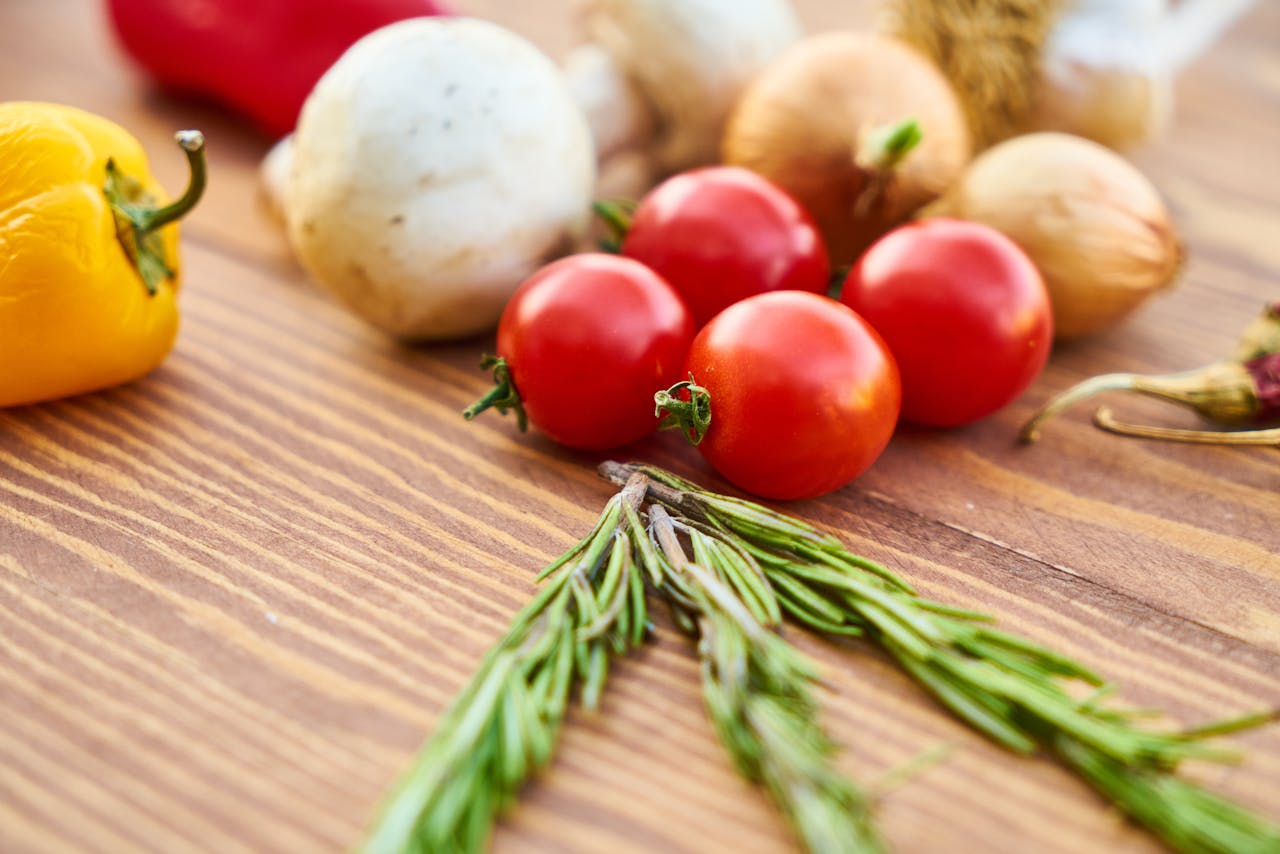Healthy Eating on a Budget: Tips for Eating Nutritiously Without Breaking the Bank
Maintaining a nutritious diet is essential for overall health and well-being, but the misconception that healthy eating is expensive often discourages people from making healthier food choices. However, with proper planning, savvy shopping strategies, and smart cooking techniques, it's possible to eat healthily on a budget. In this guide, we'll explore practical tips and strategies for incorporating nutritious foods into your diet without exceeding your budget constraints.
Healthy Eating on a Budget: Tips for Eating Nutritiously Without Breaking the Bank
Maintaining a nutritious diet is essential for overall health and well-being, but the misconception that healthy eating is expensive often discourages people from making healthier food choices. However, with proper planning, savvy shopping strategies, and smart cooking techniques, it's possible to eat healthily on a budget. In this guide, we'll explore practical tips and strategies for incorporating nutritious foods into your diet without exceeding your budget constraints.


Plan Your Meals
Start by planning your meals for the week ahead. Create a list of nutritious recipes and ingredients based on your dietary preferences, nutritional needs, and budget constraints.
Consider incorporating budget-friendly staples like beans, lentils, whole grains, and seasonal fruits and vegetables into your meal plan. These ingredients are not only affordable but also packed with essential nutrients.
Shop Smart
Stick to your grocery list and avoid impulse purchases to prevent overspending. Opt for store brands and generic products, which are often more affordable than name brands but equally nutritious.
Plan Your Meals
Start by planning your meals for the week ahead. Create a list of nutritious recipes and ingredients based on your dietary preferences, nutritional needs, and budget constraints.
Consider incorporating budget-friendly staples like beans, lentils, whole grains, and seasonal fruits and vegetables into your meal plan. These ingredients are not only affordable but also packed with essential nutrients.
Shop Smart
Stick to your grocery list and avoid impulse purchases to prevent overspending. Opt for store brands and generic products, which are often more affordable than name brands but equally nutritious.
Take advantage of sales, discounts, and coupons to save money on staple items and pantry essentials. Compare prices between different stores and consider buying in bulk for additional savings.
Choose Affordable Proteins
Look for budget-friendly sources of protein such as canned tuna, canned beans, eggs, tofu, and frozen chicken breasts or thighs. These protein-rich foods are versatile, nutritious, and cost-effective.
Incorporate plant-based proteins like legumes, lentils, and chickpeas into your meals to reduce meat consumption and lower grocery costs without compromising on nutrition.
Buy Frozen and Canned Produce
Stock up on frozen fruits and vegetables, which are often more affordable than fresh produce and have a longer shelf life. Frozen produce is just as nutritious as fresh and can be used in a variety of recipes.
Similarly, canned fruits and vegetables are convenient, budget-friendly options that retain their nutritional value and can be used in soups, stews, stir-fries, and salads.
Cook in Bulk and Meal Prep
Take advantage of sales, discounts, and coupons to save money on staple items and pantry essentials. Compare prices between different stores and consider buying in bulk for additional savings.
Choose Affordable Proteins
Look for budget-friendly sources of protein such as canned tuna, canned beans, eggs, tofu, and frozen chicken breasts or thighs. These protein-rich foods are versatile, nutritious, and cost-effective.
Incorporate plant-based proteins like legumes, lentils, and chickpeas into your meals to reduce meat consumption and lower grocery costs without compromising on nutrition.
Buy Frozen and Canned Produce
Stock up on frozen fruits and vegetables, which are often more affordable than fresh produce and have a longer shelf life. Frozen produce is just as nutritious as fresh and can be used in a variety of recipes.
Similarly, canned fruits and vegetables are convenient, budget-friendly options that retain their nutritional value and can be used in soups, stews, stir-fries, and salads.
Cook in Bulk and Meal Prep
Cook large batches of meals and portion them into individual servings to enjoy throughout the week. Batch cooking saves time and money while ensuring that you always have healthy meals on hand.
Invest in reusable containers and meal prep accessories to streamline the meal prep process and keep your meals organized and easily accessible.
Minimize Food Waste
Use leftovers creatively to minimize food waste and stretch your food budget further. Repurpose leftover ingredients into new dishes, soups, or salads, or freeze them for future use.
Store perishable items properly to prolong their freshness and prevent spoilage. Use airtight containers, freezer bags, and proper storage techniques to extend the shelf life of fruits, vegetables, and leftovers.
Cook large batches of meals and portion them into individual servings to enjoy throughout the week. Batch cooking saves time and money while ensuring that you always have healthy meals on hand.
Invest in reusable containers and meal prep accessories to streamline the meal prep process and keep your meals organized and easily accessible.
Minimize Food Waste
Use leftovers creatively to minimize food waste and stretch your food budget further. Repurpose leftover ingredients into new dishes, soups, or salads, or freeze them for future use.
Store perishable items properly to prolong their freshness and prevent spoilage. Use airtight containers, freezer bags, and proper storage techniques to extend the shelf life of fruits, vegetables, and leftovers.


Eating healthily on a budget is achievable with the right strategies and mindset. By planning your meals, shopping smart, choosing affordable proteins, buying frozen and canned produce, cooking in bulk, meal prepping, and minimizing food waste, you can nourish your body with nutritious foods without breaking the bank. With a little creativity and resourcefulness, you can enjoy a balanced and budget-friendly diet that supports your health and well-being in the long run.
Eating healthily on a budget is achievable with the right strategies and mindset. By planning your meals, shopping smart, choosing affordable proteins, buying frozen and canned produce, cooking in bulk, meal prepping, and minimizing food waste, you can nourish your body with nutritious foods without breaking the bank. With a little creativity and resourcefulness, you can enjoy a balanced and budget-friendly diet that supports your health and well-being in the long run.












